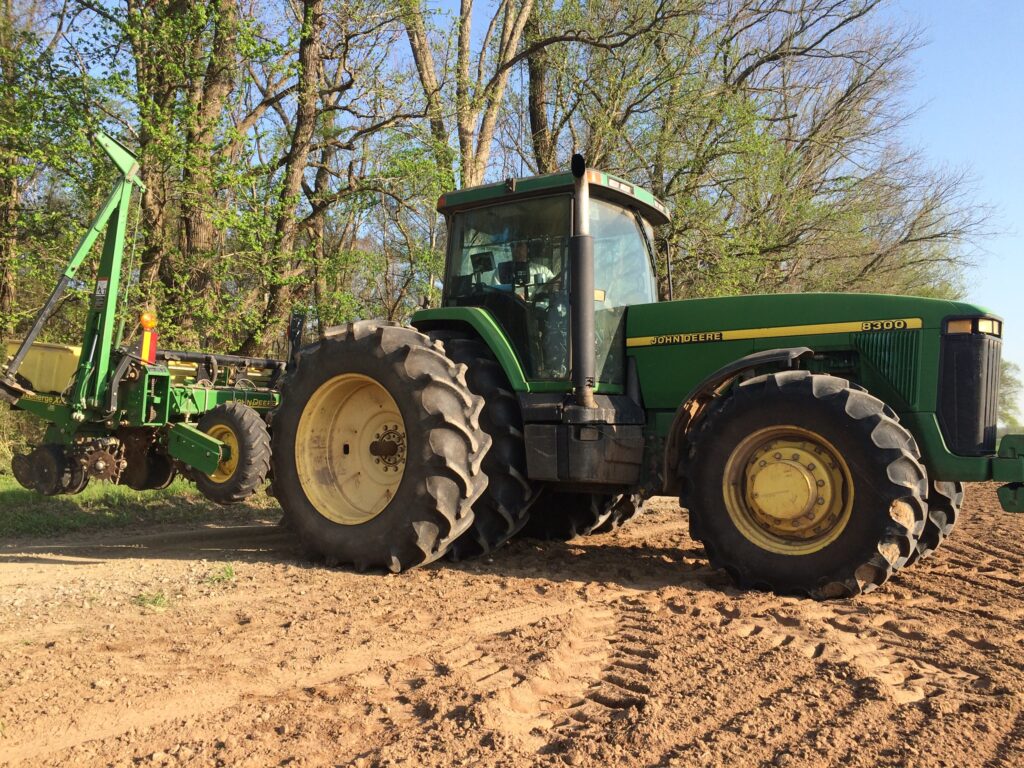“The right to repair is a critical issue that affects every farmer’s ability to manage and maintain their equipment.” — Harrison Pittman
By Drew Viguet
National Agricultural Law Center
U of A System Division of Agriculture
Fast facts:
- Right-to-repair movement pushes for farmers’ ability to repair their equipment
- National Ag Law Center webinar on Sept. 18 will highlight recent developments
- Registration is free online
FAYETTEVILLE, Ark. — Can farmers legally repair their own equipment?
The question is more complex than it appears. With continued technological advancements, companies that manufacture farming equipment may use sophisticated and proprietary technology and software which only the manufacturer has the ability and permission to repair.
Such was the case with John Deere, which eventually entered into a memorandum of understanding with the American Farm Bureau Federation in January 2023 allowing farmers access to tools and diagnostic equipment for repairs. The MOU is one example of the outcome of conversations surrounding the “right to repair.”
“This has been a topic of discussion in the agricultural community and beyond for some time now,” said Ross Pifer, director of the Penn State Center for Agricultural and Shale Law. “The right-to-repair movement advocates for policies that enable farmers to fix and modify their machinery without facing legal or technical barriers. In agriculture, there is widespread interest in right to repair, though there are differences of opinion on how to define and implement it.”
Last year, Minnesota became the sixth state to enact a right-to-repair law with its Digital Fair Repair Act. Of the six states that have enacted such laws — Minnesota, California, Colorado, Maine, Massachusetts, and New York — Colorado is the only state to have enacted a law that specifically gives farmers the right to repair their own equipment.
More information on the American Farm Bureau Federation MOU and the right to repair is available online from the National Agricultural Law Center, or NALC.
“Each statute is similar in its general purpose, but they differ in their approach and the scope of coverage,” Pifer said.
Pifer will discuss the status of the right-to-repair movement as it applies to agriculture during a Sept. 18 NALC webinar, “Right to Repair and Agriculture.” The webinar is free to attend, but registration is required. Interested participants can register and find more details on the National Agricultural Law Center’s website. The presentation will begin at 11 a.m. Central/Noon Eastern.
To read the full news release, click here.
